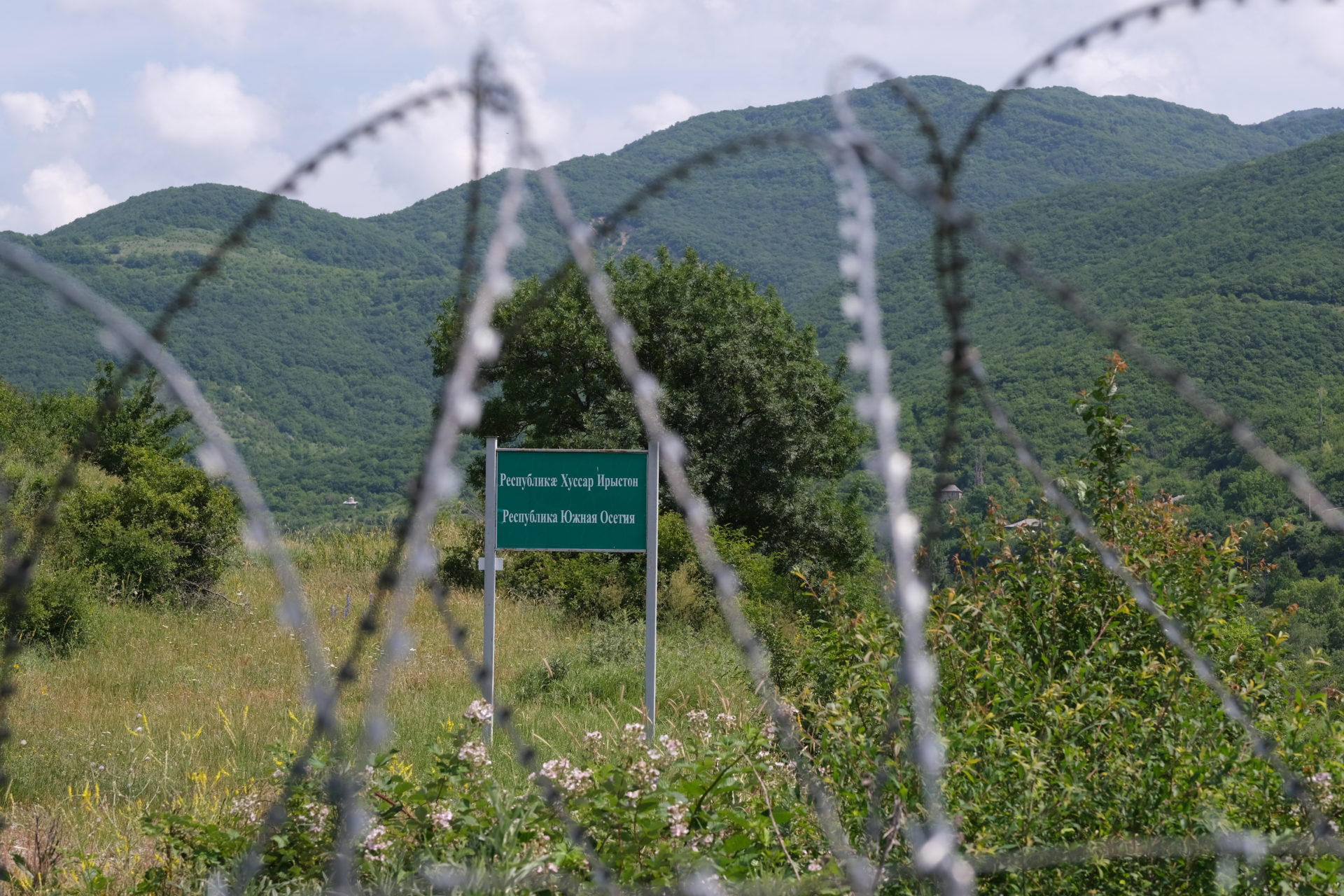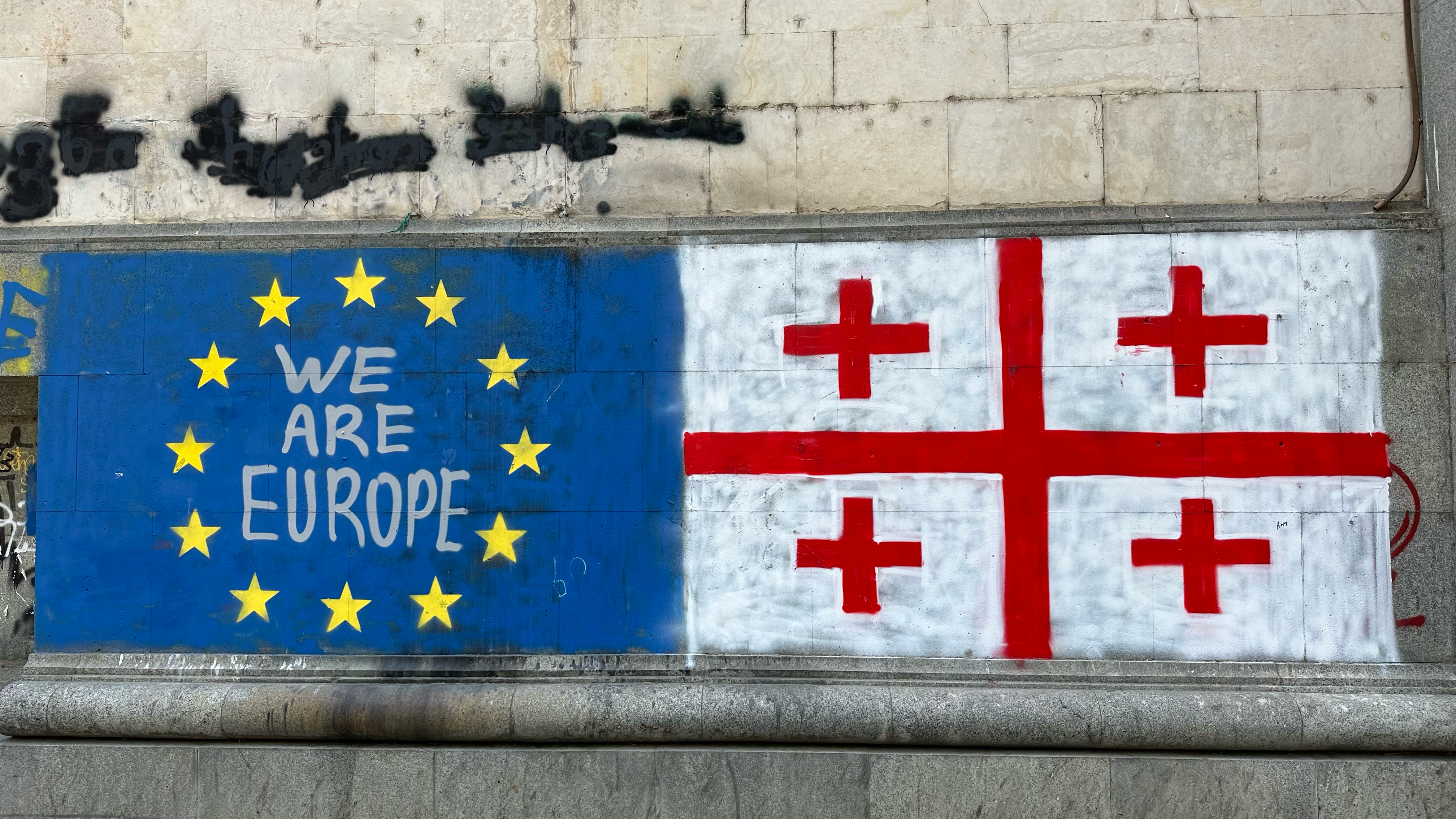What is happening in Georgia right now?
The ruling party Georgian Dream (GD) has maintained its power for 12 years through various means. Its founder is billionaire Bidzina Ivanishvili, who has close ties with Russia.
The GD has become unpopular among its many former voters due to its anti-democratic and anti-EU statements, discriminatory rhetoric and hate speech.
Consequently, several draconian laws have been introduced by the GD ahead of the Georgian elections, targeting human rights, independent voices, and stigmatizing certain groups in the society, like the LGBTQI community.
What is the situation like for LGBTIQ persons, ahead of the Georgian elections?
17 September 2024, the Georgian parliament passed a law allegedly intent on preserving family values and protection of minors. The law is part of the anti-LGBTIQ legislative package, which, in addition to the law itself, consists of amendments to already existing laws in Georgia. The law violates the right to non-discrimination, private and family life, education, and freedom of expression and information. It also revokes trans persons right to transition.
The law has a clear similarity with the infamous Russian law against “propaganda of non-traditional sexual relations”, which has led to the marginalization and stigma of LGBTIQ persons and a sharp increase in hate-motivated violence.
The law can easily be interpreted as an endorsement of violence and discrimination, which is already a widespread problem for LGBTI persons in Georgia.
Georgia is heading towards elections, and we are concerned that politicians are attempting to play upon homophobic and transphobic sentiments to score votes – as we have seen on previous occasions. This is a dangerous game where people from the LGBTIQ community will pay the price.

Is it true that 80% of the population wants EU membership?
This is true. Georgia applied for EU membership in 2022, along with Ukraine and Moldova. In December last year, Georgia was granted a candidate status. According to opinion polls, over 80 percent of the population supports EU membership.
In summer 2024, in a country of approx. 3.5 million, thousands of people took to the streets to protest the government’s decisions and restate their support for EU membership.
On October 20th, just days before the Georgian elections, tens of thousands gathered in Tbilisi to reaffirm their commitment to joining the EU.
What are the protests all about?
The real reason behind the protests is the concern that the government is stepping back from democratic reforms and letting Russian influence grow.
As Georgia heads toward parliamentary elections, the Georgian Dream government adopted the law targeting civil society, free media, and other critical voices in the country.
The law was vetoed by the President which soon was overridden by the parliament. It is currently being challenged in the Constitutional Court.
These sparked widespread peaceful protests in Georgia, which were met with government violence and persecution.

What is wrong with the foreign influence law?
- The Law on Transparency of Foreign Influence, often called the “Russian law”, requires organizations receiving more than 20% of foreign funding register as organizations under influence.
- Support from abroad is often the only source for local organizations and non-state media, allowing them to continue their independent work. Now, these organizations will be labelled as agents of foreign influence.
- Organizations have to go through extensive, additional reporting requirements and among other disclose to the authorities confidential, personal and sensitive data.
- If not complied, the law imposes high fines.
- The law resembles Russia’s 2012 “foreign agents” law restricting free speech and undermining democratic institutions.
- The law has been criticized by the Council of Europe and the EU. Contrary to what the GD claims, the law differs in scope and nature from the Foreign Agents Registration Act (FARA) in the US.
This law is part of the law-package that restricts fundamental rights and freedoms.
On September 17th, 2024, the GD adopted so called anti LGBTIQ propaganda law, which curbs freedom of expression for LGBTIQ persons and legitimizes homophobic and transphobic violence.
Why are the upcoming Georgian elections so important?
The stakes are high, especially considering that Russian military bases in South Ossetia are located just a few miles from the capital, Tbilisi.
The Georgian elections are also connected to the war in Ukraine, as Russia seeks to maintain its influence in the region. Russian elite needs countries willing to launder money and import sanctioned goods.
The upcoming elections will show if Georgia gets back on the European track or leans closer towards Kremlin’s regime.
If Georgian Dream remains in power for a fourth term, it has promised to ban the main opposition parties, further pulling the country away from the democratic path.
(the article continues after the picture)

Can the Georgian elections turn violent?
Considering the violence used against peaceful protestors, there is a significant risk of political violence and arrests during and aftermath of elections.
Georgian Dream is the first party in Georgia to stay in power for 12 years in a row. They have been accused in election manipulation and vote buying before as well.
Right now, there’s no sign that Ivanishvili is willing to listen to the people or give up on his fight to maintain power.
What can be done now?
- Withdraw the laws restricting fundamental freedoms.
- Ensure transparent and fair elections.
- Protect the rights of opposition parties and their supporters.
- Support civil society and independent media.

